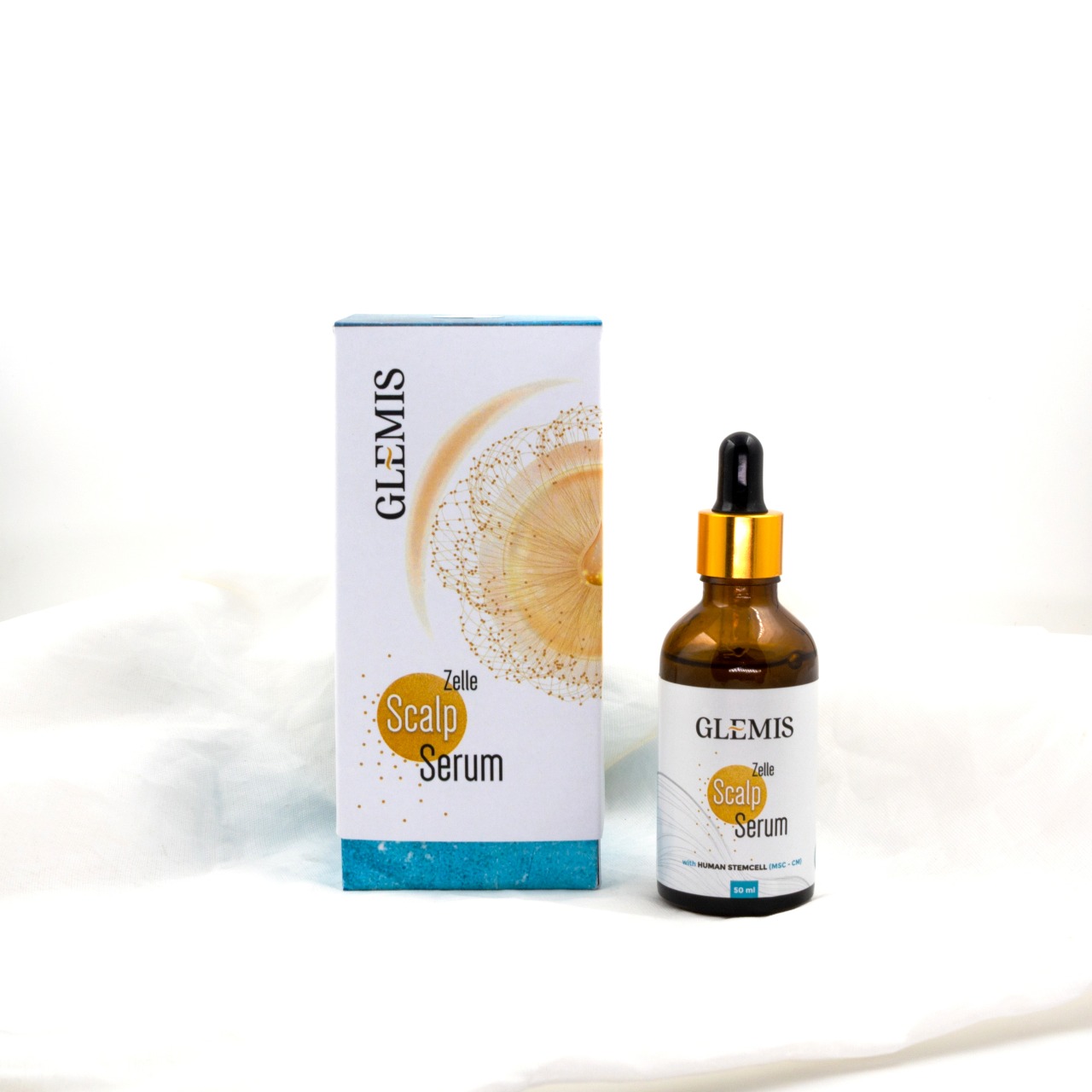
Bridging the Gap: How Regenerative Medicine is Transforming the Treatment of Hereditary Liver Diseases
The liver, often called the body’s silent powerhouse, performs over 500 vital functions, from detoxification and immune modulation to protein synthesis and cholesterol regulation. When this organ begins to fail, the body’s entire ecosystem suffers. For many patients, liver disease is a consequence of lifestyle factors like alcohol consumption or obesity-related fatty liver disease. However, for a significant and often underserved population, the root cause lies deep within the genetic code.
These are the patients battling Hereditary Liver Diseases—conditions where a faulty gene disrupts a critical biological process, leading to progressive, often fatal, liver damage. Conditions like Wilson’s Disease, Alpha-1 Antitrypsin Deficiency (A1ATD), and Hemochromatosis present complex, lifelong management challenges, for which traditional medicine often offers only symptomatic relief or, ultimately, the harsh solution of a liver transplant.
At VieCell Institute of Regenerative Medicine, we recognize that true healing requires moving beyond symptom management to address the core problem. We believe that for patients with hereditary liver diseases, the future lies in Regenerative Medicine, utilizing the body’s innate ability to repair itself to correct the underlying cellular dysfunction.

Understanding the Genetic Root
Hereditary liver diseases are distinct because the damage is programmed from birth.
- Wilson’s Disease: A genetic defect prevents the body from properly removing excess copper. This copper builds up, primarily in the liver and brain, leading to severe organ damage and neurological issues.
- Alpha-1 Antitrypsin Deficiency (A1ATD): A faulty gene causes the liver to produce an abnormal form of the AAT protein. This protein gets trapped inside liver cells, causing a toxic buildup that leads to inflammation, fibrosis, and eventual cirrhosis.
- Hemochromatosis: This disorder causes the body to absorb too much iron from the diet, which is then stored in the liver, heart, and pancreas, causing organ damage over time.
In all these cases, the liver is damaged by an overload—a toxin it can’t process (copper), a protein it can’t release (AAT), or a mineral it over-absorbs (iron). The damage cascades from simple inflammation (hepatitis) to scarring (fibrosis) and irreversible hardening of the liver (cirrhosis).
The Limitations of Conventional Therapy
Conventional therapies, while critical for managing these diseases, are rarely curative:
- Wilson’s Disease is managed with chelating agents that bind to and remove copper. This is a life-long regimen that doesn’t reverse existing severe damage.
- A1ATD may involve enzyme replacement therapy to treat lung issues, but the liver damage is often only treatable with aggressive lifestyle changes and, when cirrhosis becomes end-stage, a liver transplant.
- Hemochromatosis is typically managed with therapeutic phlebotomy (blood removal) to lower iron levels, a treatment that is ineffective once severe cirrhosis has set in.
A liver transplant, while life-saving, is a major surgery that requires lifelong immunosuppression and comes with the risks of rejection and other complications. Moreover, for conditions like A1ATD, the new liver will only address the issue if it does not carry the same genetic defect, highlighting the need for a solution that can heal the existing organ.
The Promise of Regenerative Strategies
The most exciting and transformative frontier for hereditary liver diseases is the application of Mesenchymal Stem Cell (MSC) Therapy. MSCs, which VieCell specializes in, are uniquely suited to address the multi-faceted damage caused by genetic disorders:
1. Cell Replacement and Repair
MSCs have the potential to differentiate into liver-like cells (hepatocytes). In a damaged liver, they can essentially act as tiny repair crews, replacing cells that have been destroyed by the chronic buildup of toxins or abnormal proteins.
2. Anti-Fibrotic and Anti-Inflammatory Action
The progression to cirrhosis is driven by chronic inflammation and the subsequent buildup of scar tissue (fibrosis). MSCs secrete powerful molecules that have a dual effect:
- They modulate the immune system, reducing the inflammatory response that causes initial damage.
- They inhibit the activation of hepatic stellate cells, the primary cells responsible for laying down scar tissue, effectively hitting the “pause button” on the progression of cirrhosis.
3. Targeted Delivery
VieCell employs advanced, minimally invasive techniques such as Intrahepatic Stem Cell Therapy. By delivering the cell preparation directly into the hepatic artery via a catheter, we ensure a high concentration of therapeutic cells reaches the damaged liver tissue, maximizing their efficacy in a targeted manner.
VieCell’s Approach to Complex Liver Conditions
Our multi-modality approach goes beyond a single injection. It combines the power of high-quality, specialized cell therapy with a comprehensive program tailored to the patient’s genetic profile and stage of disease. For patients with complex hereditary diseases, this involves:
- Cell Therapy Protocols: Customized cycles using adipose-derived stem cells (ADSCs) or exosomes to maximize regenerative and anti-fibrotic potential.
- Micro-Biome Correction: Recognizing the strong liver-gut axis, we focus on restoring a healthy gut microbiome, which reduces the toxic load the liver must process.
- Cell Support Supplements and Diet: Providing the necessary nutritional environment for the newly introduced cells to thrive and for the liver to sustain its recovery.
While gene therapy promises a true “cure” by fixing the faulty gene, regenerative medicine provides a powerful, present-day solution to halt the progression, repair the damage, and restore functionality of an already failing organ. For patients with hereditary liver diseases, this represents a monumental shift—a new era where their liver’s destiny is no longer solely dictated by their genetic inheritance. By focusing on root cause resolution, we are providing a second chance at a healthy life.


0 comments